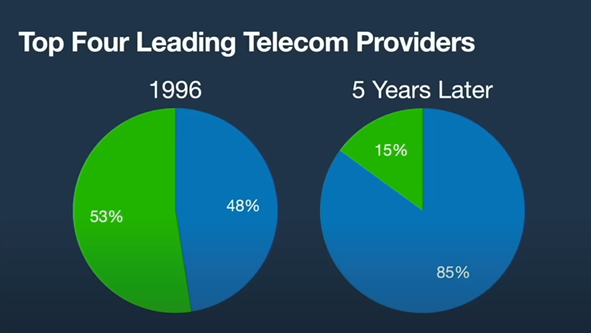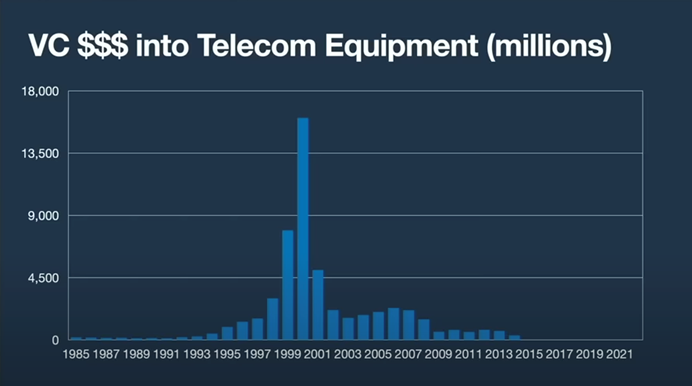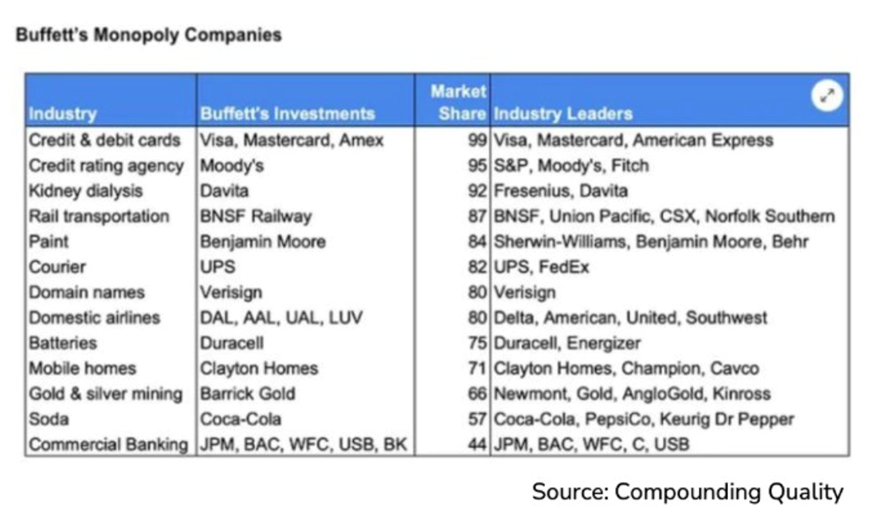

Dear Fellow Expat:
I'm fighting a losing battle.
Yesterday, I paid a landscaping company to carve out about a 60-foot by 100-foot area of land in my backyard.
Rip out the soil.
I'm putting in some fences. I'm putting stones in the path.
I'm looking to build a garden surrounded by mango and orange trees.
They did a good job. But they left a lot of weeds still sticking out of the ground. "It'll be fine," I said, planning to work on it today.
Fast forward to the overnight rain, and I swear the lawn was 50% green again with vines and weeds this morning.
So, today, I took a cartoonish amount of chemicals to the roots. And I started to kick at the dirt. This is old-school Florida - invasive weeds everywhere.
'
It will take a lot more muscle to tear at the vines that will overwhelm the productive parts of the garden and bear fruits and vegetables...
It seems like the perfect time for a metaphor...
Hey Oh!
Bill Gurley's a terrific U.S. venture capitalist. He started Benchmark Capital in the late 1990s after a stint on Wall Street. He invested early in Uber and Twitter.
Gurley delivered a great speech on "Regulatory Capture" in the financial markets a few days ago over the last 30 years.
For reference, regulatory capture is a phenomenon where regulatory agencies, originally intended to protect the public interest, become influenced or controlled by the industries they are supposed to regulate. This leads to policies and decisions that primarily benefit those industries rather than the public.
Gurley's speech is about 20 minutes. It's a must-watch master class into how that magic work Dirigisme ended up in our conversations as a major trend to watch.
Gurley speaks about the first time he ever met a Congressperson in charge of a bill representing one of his investment companies. It started with a request that he and the other attendees donate $5,000 each... The invitation began with six people.
So, $30,000.
Then, they wanted 12 people to attend. Then they asked if they had spouses who could donate - but not attend the meeting. This was $120,000 in grift from the onset.
But it gets worse.
Revolving Doors and Capture
Gurley also discusses a plan he had to bring cheap, affordable wireless connections to downtown centers in places like Philadelphia. The mayor loved it. The idea of getting affordable internet into the hands of the citizens would be a boon for citizens.
Everyone liked it except for Comcast and the rest of the communications industry. So, they started lobbying.
Not only did they get the wireless program shut down in Philadelphia, but they ultimately sponsored a law that outright banned municipal wireless projects.
The free market, huh?
Land of the free? Right...
Gurley notes that the Telecommunications Act of 1996 had two purposes...
- "To promote competition and reduce regulation in order to secure lower prices and higher quality services for American telecommunications consumers;" and,
- "To encourage the rapid development of new telecommunications technologies."
He shows charts that prove neither happened. First, the top four telecom providers increased their market share from 48% to 85%. Competition collapsed.

And venture capital - which invests in competition and innovation - flat-out stopped putting money into the space. Their regulatory capture was overwhelming.

Investment collapsed as available market share dropped into the hands of the sector behemoths.
Gurley makes several additional examples - from the outrageous COVID test costs due to government interjection in the industry (by a company representative turned regulator)... to the new calls for regulation in the cryptocurrency and AI spaces.
Monopolies... For the Corporation, By the Corporations
The grift and nonstop government model of sticking its tentacles into every industry - becoming the largest allocator of capital in the history of the world - is not a sustainable model for society.
The vines overtake the productive parts of the economy and choke the ground, making it impossible for innovation and competition to thrive.
Actors on both sides of the aisle now have their focus on these technology industries - because that's where the money is.
The monopolization of Silicon Valley in the big names like Amazon, Apple, and Microsoft has made them massive, steady contributors to the political apparatus. And this corporatist element has been very good for well-known investors.
They just don't talk about it.
I remind you that Warren Buffett isn't a sweet old man who invests in deeply undervalued stocks.
He's notoriously bought names with massive market share and coincidentally engaged in regulatory capture.
From railways to credit card companies, kidney dialysis to Too Big to Fail Banks... it's overwhelming...
Below is a chart of Buffett's monopoly companies from two years ago.

I'll dig into his portfolio for you this weekend to prove it.
Stay positive,
Garrett Baldwin
Secretary of Finance
You can download a copy of this postcard by clicking here.


